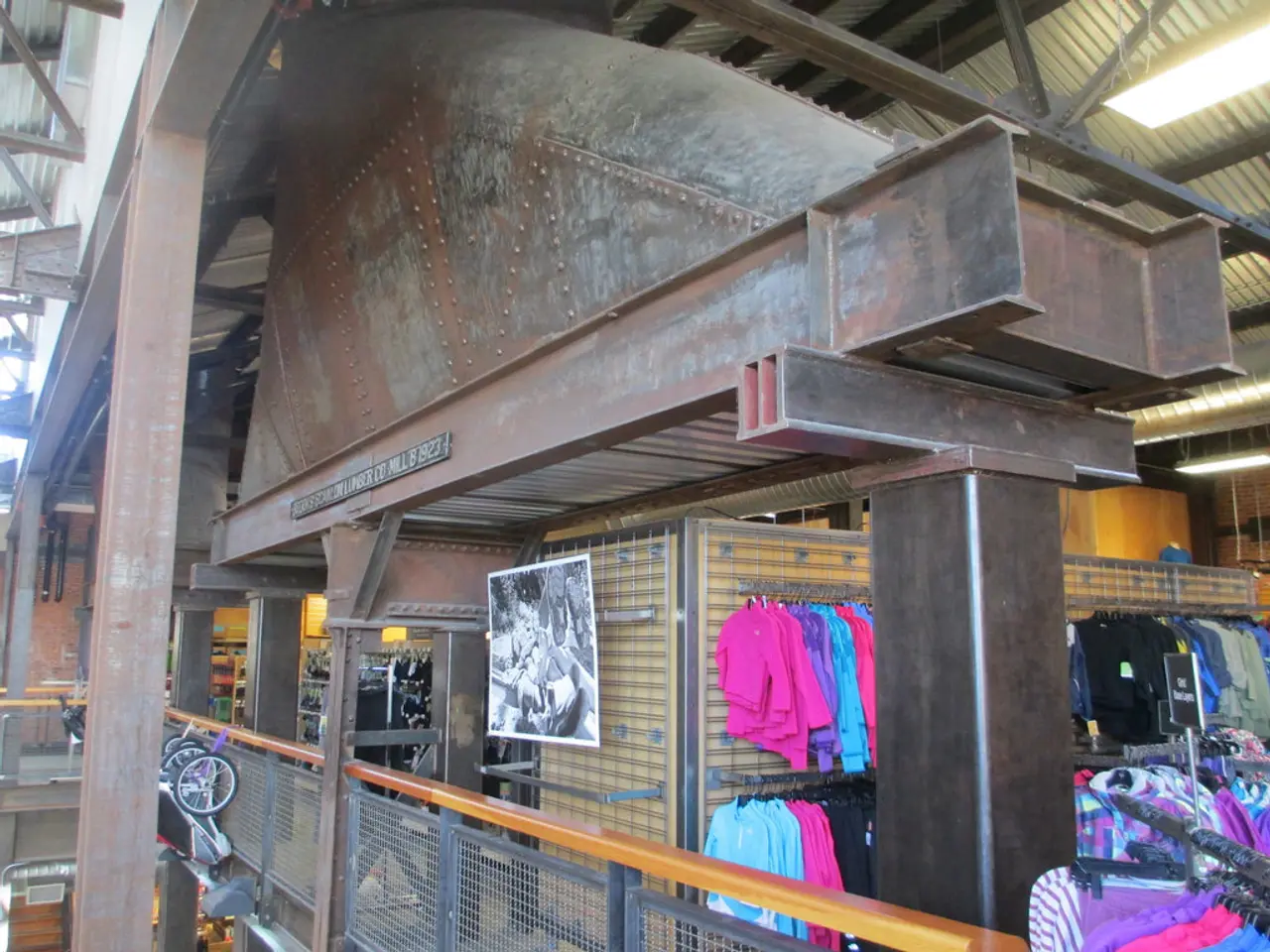Trade tension escalates: Implementation of American tariffs and Canadian counter tariffs scheduled for Tuesday, February 4
Canadian and US businesses are urged to review contractual clauses, re-evaluate the origin of goods, consider diversifying supply chains, and seek advice from legal counsel and customs brokers, as the US is imposing tariffs on most imports from Canada. The tariffs, named the "Imposing Duties To Address The Flow Of Illicit Drugs Across Our Northern Border", will take effect on February 4, 2025.
The US tariffs on Canadian goods range from 10% to 25%, with energy resources such as crude oil, natural gas, and uranium subject to a 10% tariff. Goods that were already loaded onto a vessel or in transit on the final mode of transport before 12:01 a.m. ET on February 1 are exempt from the new tariffs.
The tariffs specifically target goods "marked as goods of the United States" in accordance with the rules of origin set out in regulation for CUSMA countries. The Canadian government has responded with retaliatory tariffs, imposing a 25% tariff on $155 billion of US imports.
The tariffs will also remove the de minimis exemption for low-value imports, meaning imports of Canadian-origin goods that are valued at less than $800 will be subject to the new tariffs. Duty drawbacks will not be available with respect to the duties imposed under the new tariffs.
It is important to note that the use of the International Emergency Economic Powers Act (IEEPA) to impose universal tariffs on imports from a country in these circumstances is novel. There is a wide-spread assumption that the President's authority to issue these tariffs under IEEPA will be challenged in US courts.
The Trump Administration is positioning itself to invoke the Essential Security exemption in Article 32.2 of CUSMA if challenged, citing the flow of drugs and illegal immigration as a national emergency under IEEPA. However, U.S. courts have previously ruled that the IEEPA does not authorize the president to impose tariffs, declaring many of Trump's tariffs illegal.
Canadian businesses may be eligible for pandemic-level relief due to the potential disruption to cross-border supply chains and the economy. There is no mention in the Order of a process to request exclusions from the tariff for particular goods.
The Order imposing tariffs on Canada does not apply to personal communications, donations of food, clothing or medicine, informational materials, and personal baggage when traveling. Goods "that are in transit to Canada" on the day that tariffs come into force will also be exempt.
Canada may take non-tariff measures related to exports of energy and critical minerals, and the provinces may take additional measures. The US tariffs on Canada are in violation of the Canada-US-Mexico Agreement (CUSMA), as they constitute an increase in customs duties on originating goods.
In conclusion, the new tariffs imposed by the US on Canadian imports will have significant impacts on businesses and consumers. It is crucial for businesses to review their contractual clauses, re-evaluate their supply chains, and seek legal advice to navigate these changes. The Canadian government is offering relief measures to help businesses cope with the potential disruption to cross-border trade.
Read also:
- United States tariffs pose a threat to India, necessitating the recruitment of adept negotiators or strategists, similar to those who had influenced Trump's decisions.
- Weekly happenings in the German Federal Parliament (Bundestag)
- Southwest region's most popular posts, accompanied by an inquiry:
- Discussion between Putin and Trump in Alaska could potentially overshadow Ukraine's concerns








